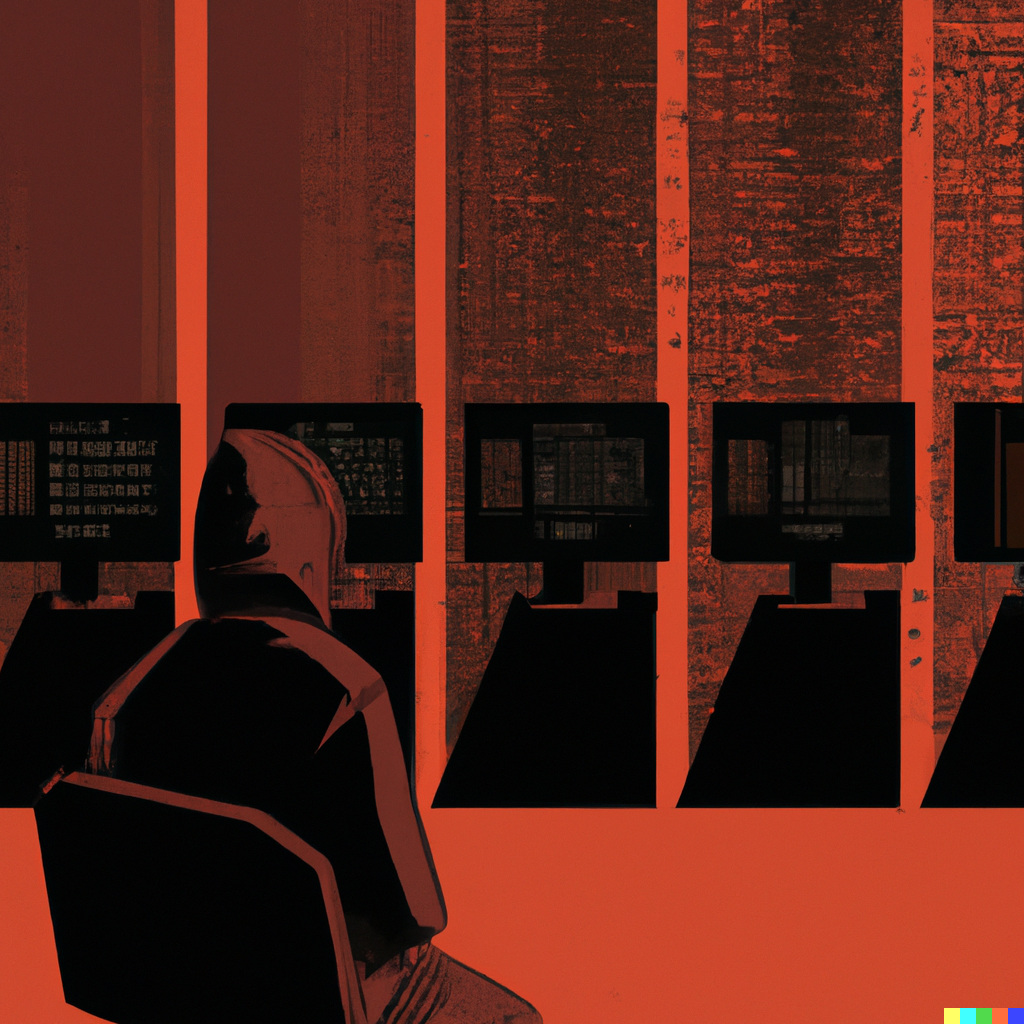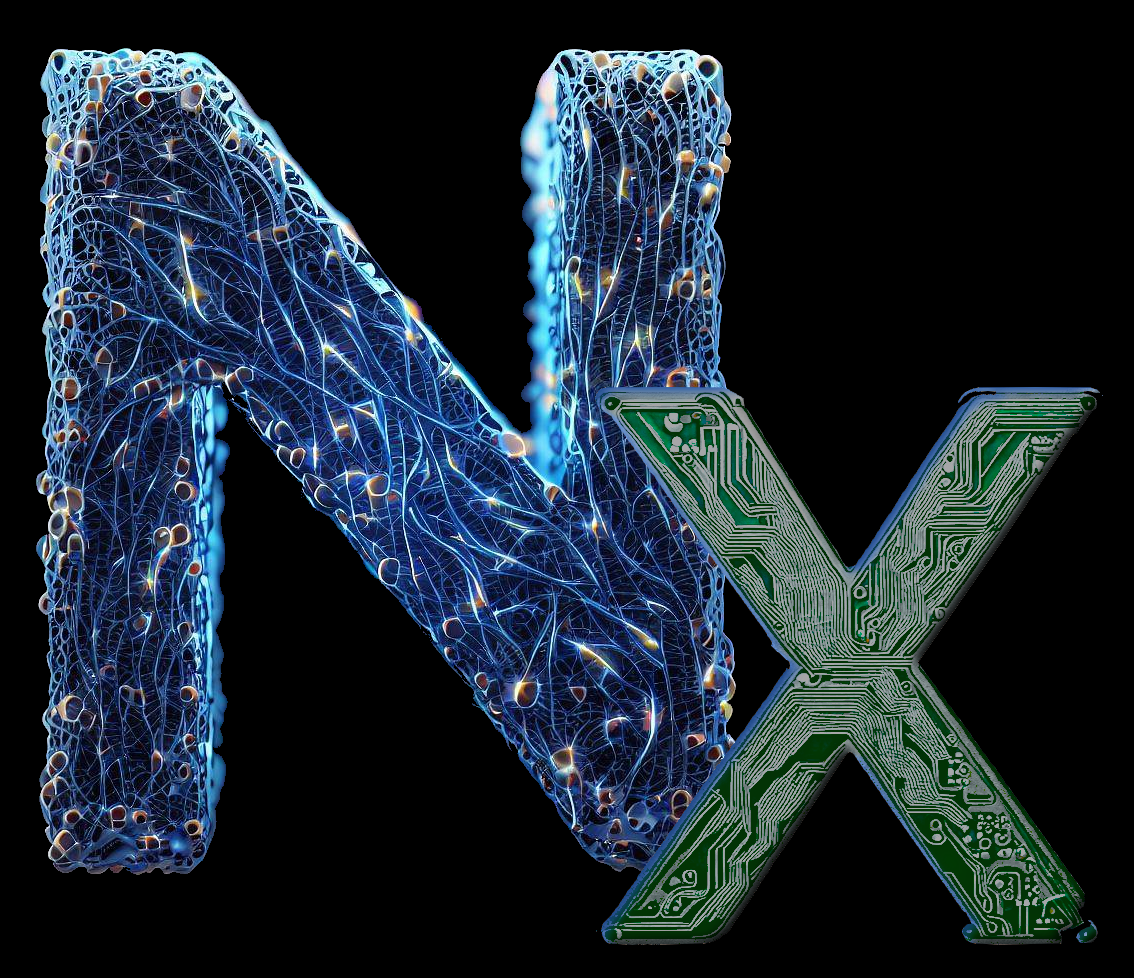I guess they’re following the pissbaby toddler train culture that’s been growing in the techbro community as of late. The whole attitude of “We know better than our users, we’re going to aggressively monetize the shit out of it and nobody is going to care.”
Guess RedHat is going to learn the same thing that so many others have learned before them: Don’t piss off your users.
Especially not Linux users. This isn’t grandma with windows 95, or Uncle with his iPhone, Linux users are almost guaranteed to have in the past tried other distros.
They will again. Begrudgingly, but they won’t look back either.
The average FOSS enthusiast never was the target market for Red Hat. Big corporations whose purchasing departments like expensive support contracts are the target market. And for those, not much changes, and even if it did, those places don’t just switch to another distro on a whim.
Linux users also often have their personal files on a separate partition, making switching to a new distro incredibly easy.
deleted by creator
Honestly I’m surprised it’s taken this long. IBM bought Red Hat years ago. Big blue isn’t known for giving things away.
Very frustrating to hear. I’ve been slowly migrating away from RHEL-based distros after they shifted CentOS to be upstream from RHEL. This is another nail in the coffin in my books.
Question: Unless your an enterprise or certifying software for an enterprise why do people use RHEL? There are just so many other options without the drama.
I used to use it because they backport secruity patches for software that the official dev team has abandoned - sometimes extending how long you can use that software by several years which is really nice peace of mind. It means I can upgrade on my own schedule, instead of on someone else’s schedule.
I don’t use RHEL anymore.
Fool me once. I ran away from anything redhat when they clamped out on my free OpenShift with whatever they are doing now. Too brutal for me.
Right after the CentOS -> CentOS stream debacle last year, I switched to using debian for all my lab servers/infrastructure. This news makes it seem like that was definitely the right choice.
I’m curious to see how Oracle tackles this, Rocky and Alma seem to be going after the CentOS Stream packages, Amazon has already invested in AL2022/2023 which is a Fedora clone (35, or 36 I can’t remember) rather than RHEL. So it’s Oracle and all their billions that I want to see which direction they go after.
And just like that, my attempt at Linux on the desktop (take #4123), which was going to be Fedora, is back in flux. I don’t want to start investing time into a learning project in major transition and an uncertain future.
Ironically, I’m looking again at OpenSUSE, which I had left back during the SuSE-> OpenSUSE period. (You can tell I’m OG because I’m one of the few that uses the correct capitalization! haha)
IMO Ubuntu has been the best bet for linux on the desktop since about 2006.
They occasionally do things people dislike, but it’s always easy to pick a different flavour (Xubuntu and Ubuntu-mate are great examples IMO), and the underlying distro is reliable and stable.
I’m also a big fan of LTS releases, and supported upgrade paths between them.
/2c
I thought Mint was the big thing now. (I’m not big on Linuxnews, just what I heard.)
Mint is very easy to transition to from Windows and pretty stable. I’ve probably used that the most in the last 5 years and my only gripe is that it’s a little out of date (but that adds to the stability) and configuring sound has been a bit annoying.
I was considering it, but I’ve done little auditions of Ubuntu over the last 10 years and something doesn’t feel right. It was awesome in the late '00s, but it hasn’t clicked with me since. Maybe it was the 1-2 pow of trying to make a phone OS and then the phone-looking launcher.
Thanks for the tip, though. I’ll give it a go if my next candidate gets too messy. (Yes, it’s definitely the distros’ fault, not mine. Okay, maybe 20% mine. Or 95%. Something like that.)
I’ve been using Ubuntu 22.04 as my daily driver for a few weeks now and I have no complaints (other than some minor Nvidia GPU related issues).
I’ve been using it for work, gaming etc and it’s gone marvelously
Testing (sorry)
I’ve been using Arch, and very happy with it. Very low maintenance except updating once every one or two weeks.
I just installed Fedora. I think it’s good for a laptop which you plan to seldom open or update. I’ll continue using it.
I’ll stay far from Ubuntu, because I do not like snap - and it reminds me of Windows on how I have to tinker to avoid something the OS wants to push on me.
If you were considering Ubuntu then you’d like Debian - and wouldn’t go wrong with it.
Honestly the news seems to be about RHEL. Fedora should still be good.
Back when it shipped on no less than 8 CDs
Not gonna lie, that did make me feel like a badass. Plus, there was the added surprise challenge of finding half the online help was in German.
I’m primary an Ubuntu user, but I have to use SLES for work, and I just can’t stand zypper. There always seems to be some issue with whatever I need to install being incompatible with something else. Or upgrading some software requires a downgrade of some other software. I have never seen compatibility issues with apt. Things always just seem to work.
Corps need a self destruct mechanism for when they get out of control.
Maybe is time to leave Fedora (and Nobara) behind. Not really feeling that great right now doing free testing for Red Hat, having so many alternatives.
I’m out of the loop, what’s going on?
RedHat, the first billion dollar open source company gets bought by IBM and goes closed source.
That is not rly correct. They provide the source code if you subscribe which is enough to honor GPL. The part about not distributing the code and not building a fork / competitor is against the GPL. GPL would even be honored if they print out the code and sent it to you per mail after you asked for the code. GPL does not mean you have to host the code on a public site.
Yes quite right 👍 you are correct.
I am merely expressing the sentiment that has angered so many.
I hope there’ll be an update to the GPL after that.
Could one of their subscribers just publish it once they got ahold of it?
they’re putting their code base behind a paywall only for those who’ve paid for a RHEL license, effectively killing all downstream distros.
TIL RedHat is still relevant. I used RedHat in the 90s. I assumed it got left behind there.
So you haven’t been paying attention for the past 20 years where Red Hat has consistently been the top Linux-centric company in terms of Kernel commits? This move has completely removed Red Hat or derivatives from my consideration when setting up new installs, but it’s just silly or ignorant to pretend they aren’t relevant.
Funny, that’s when I left it behind too
I vaguely remember hearing something about redhat in the past doing something else the Linux community didn’t like. I think it was back around 2008ish. Can anyone jog my memory? I was a bit too young to care at the time.
They tried to enforce a seat restriction even though the GPL clearly states that software distributed under it cannot have further restrictions applied
You could see the writing on the wall after they basically redirected CentOS to something other then a RHEL clone. Now they are making it harder for the clones that became popular since.
systemd was 2010
















